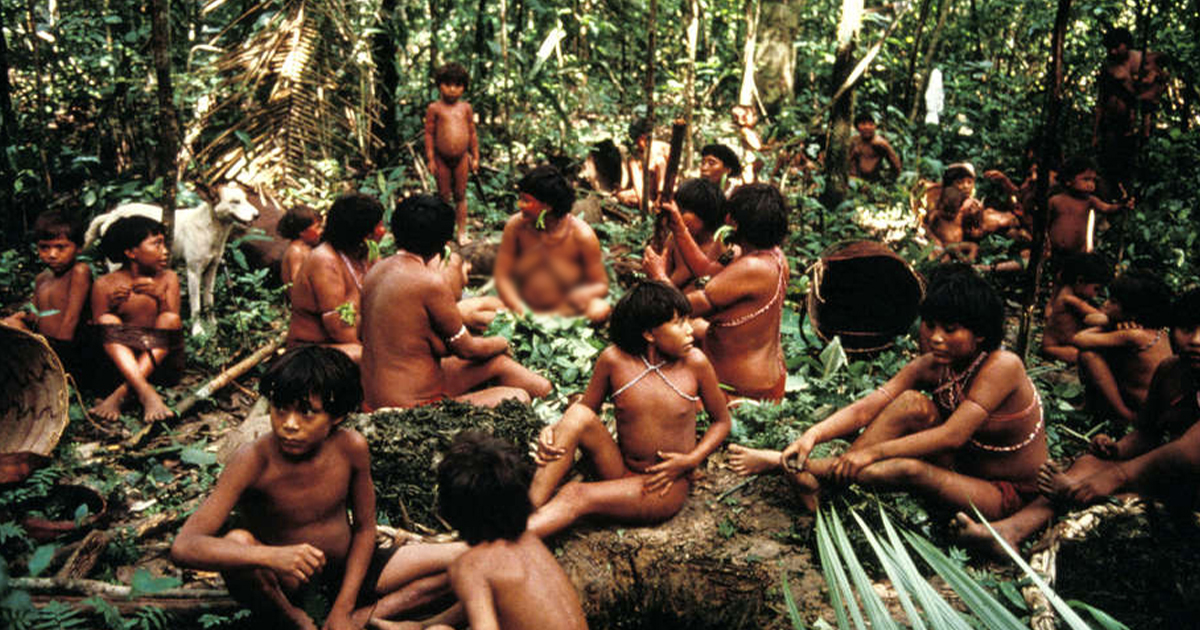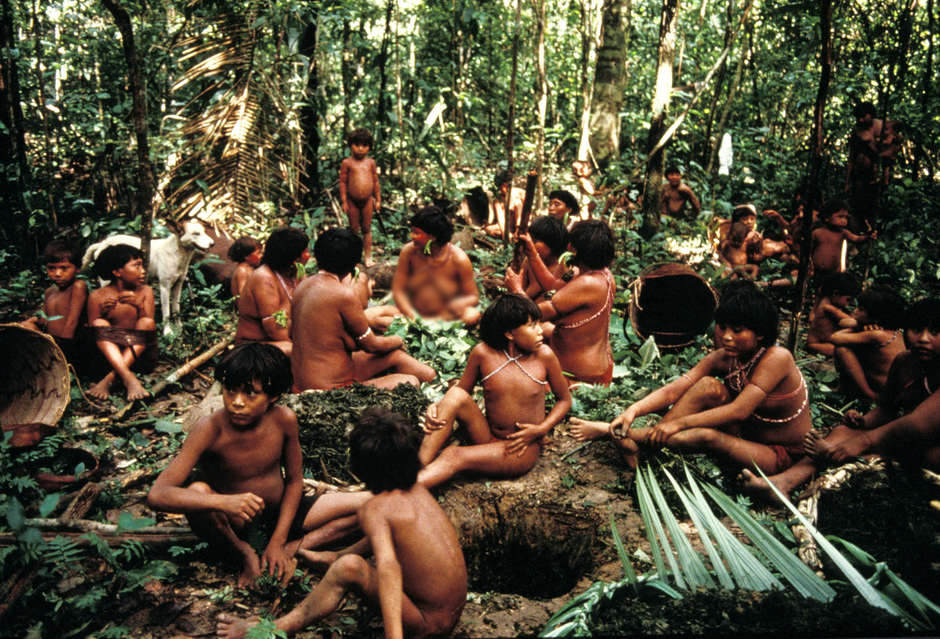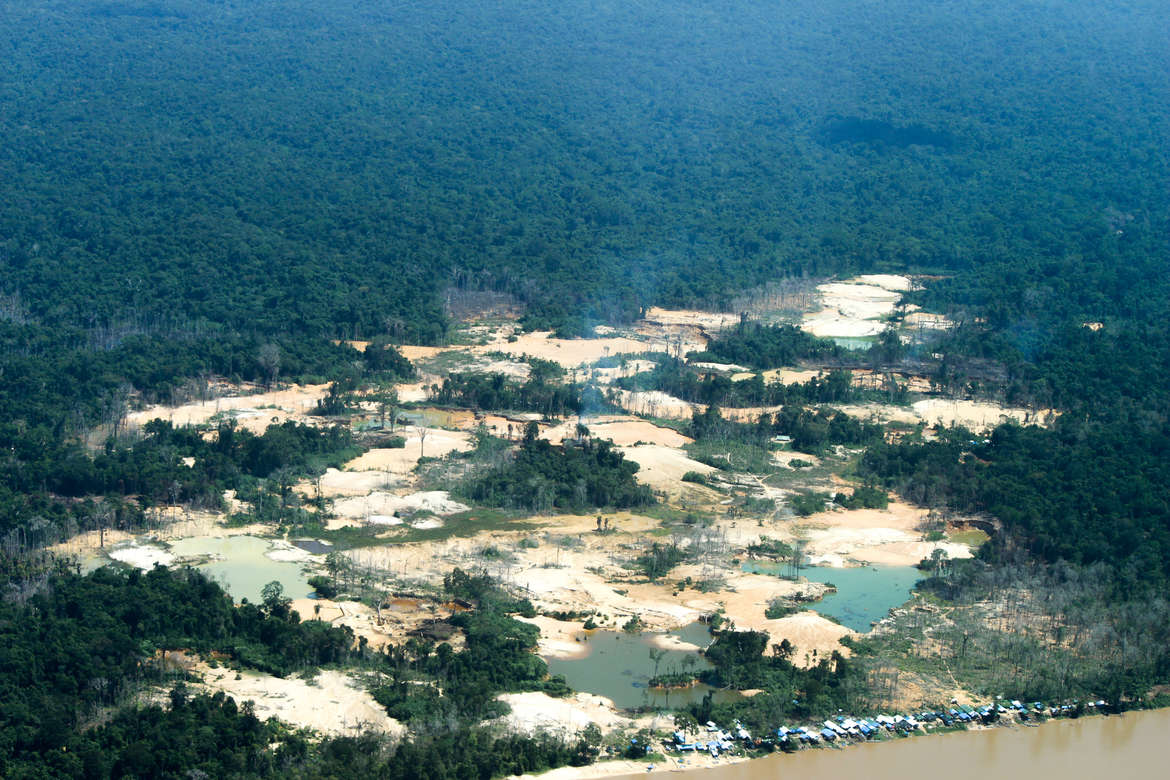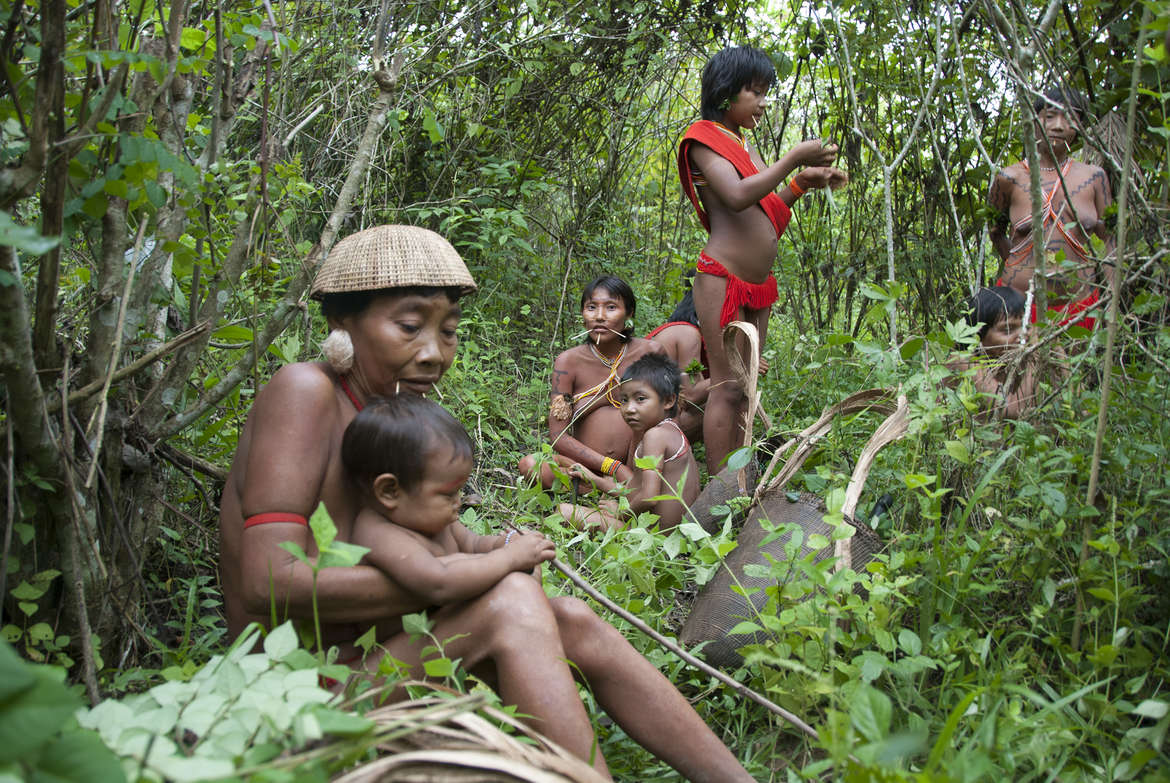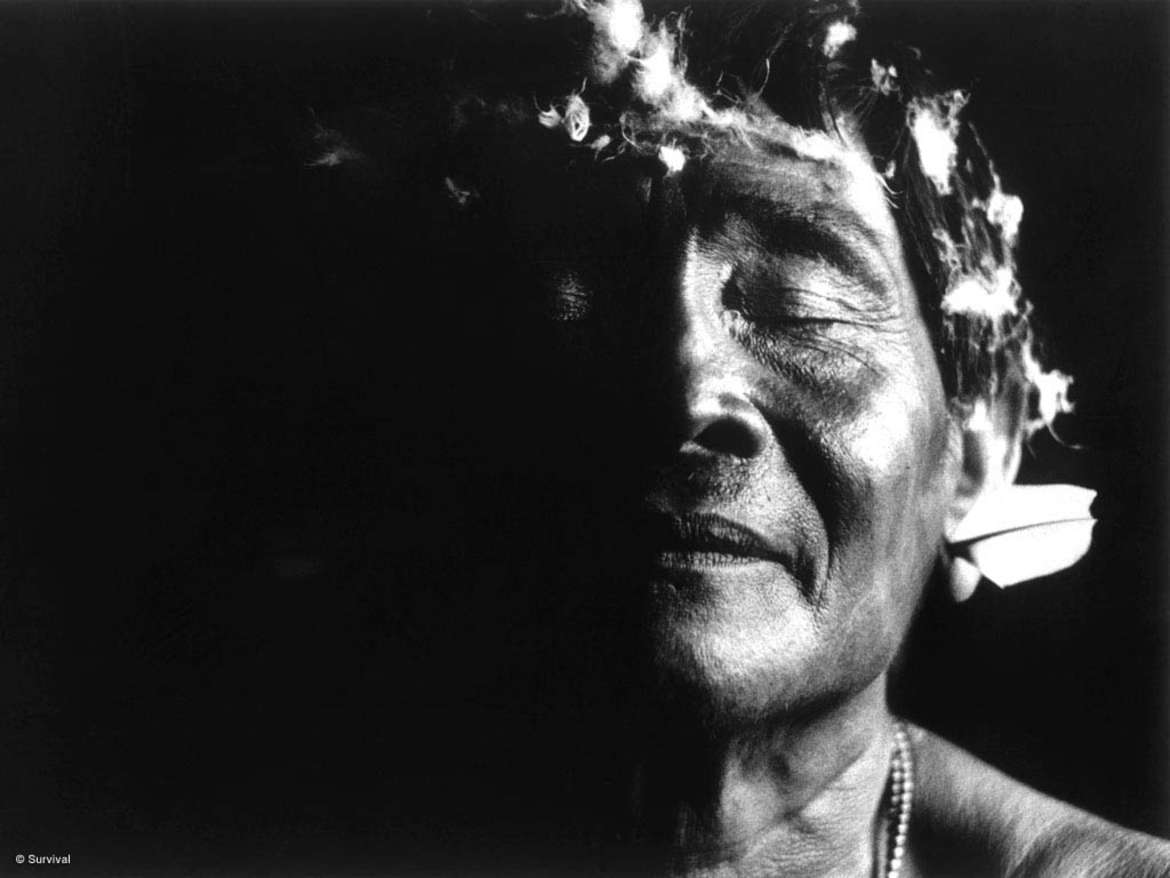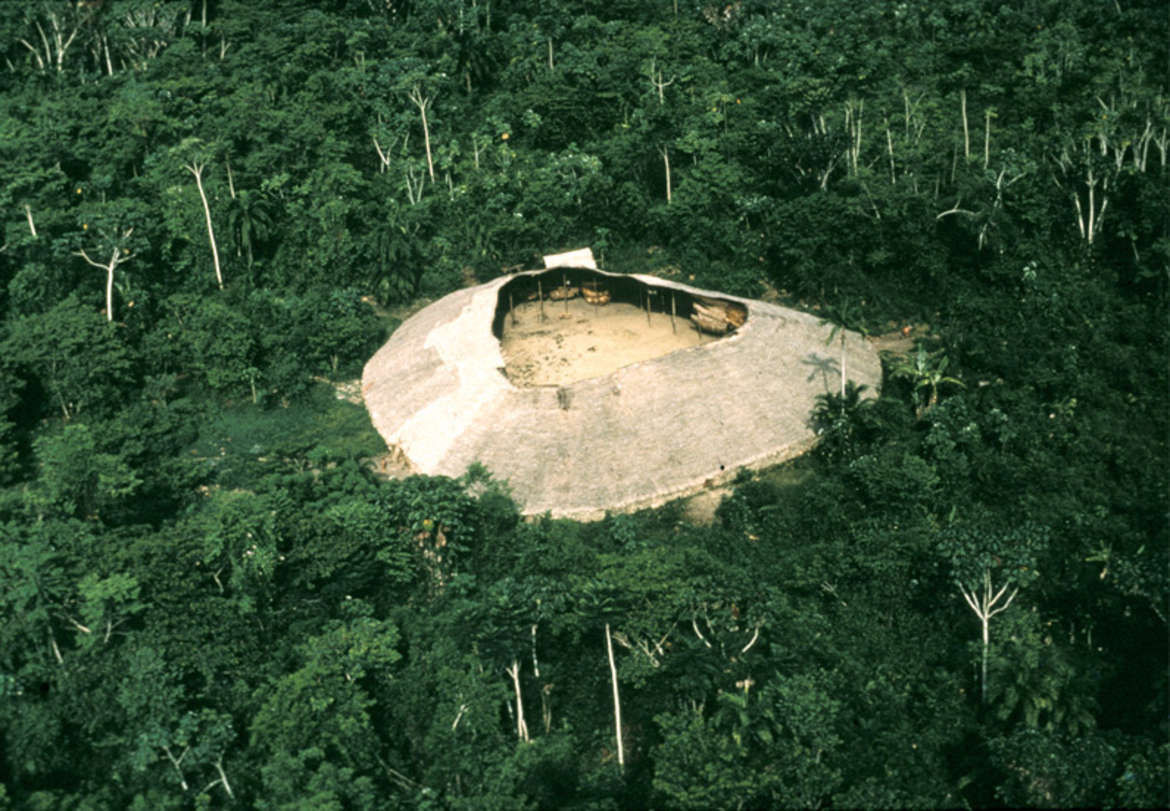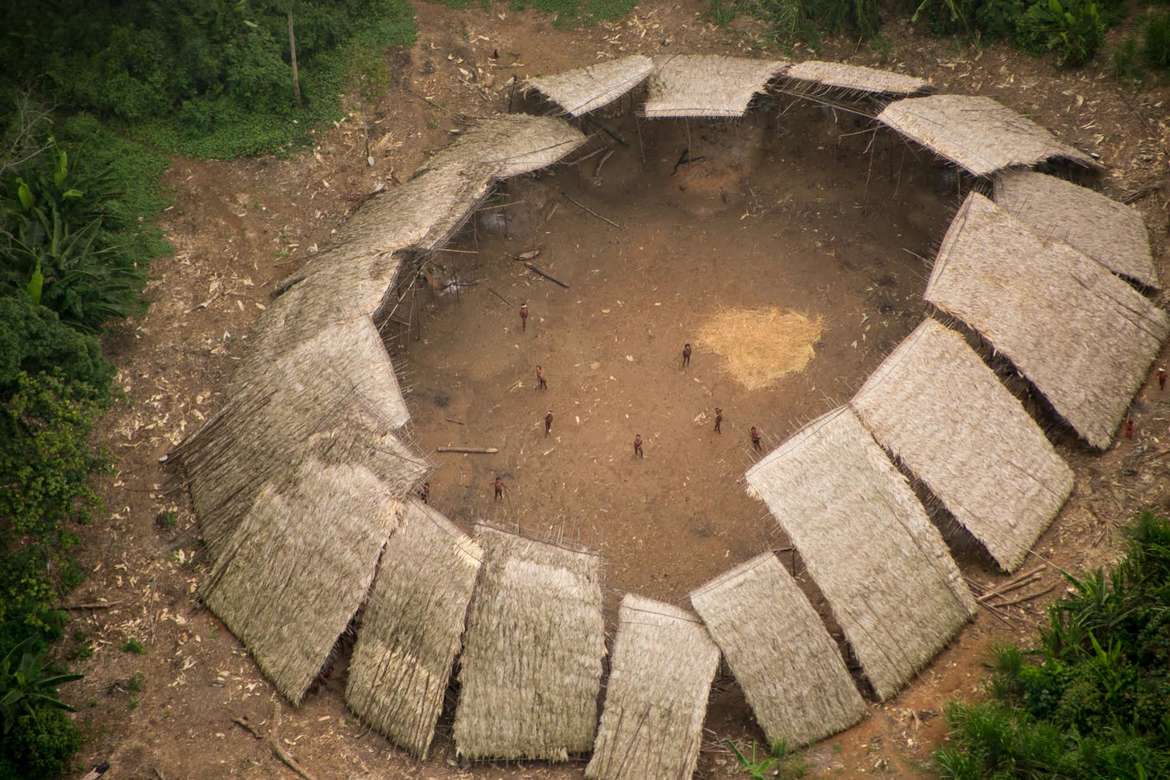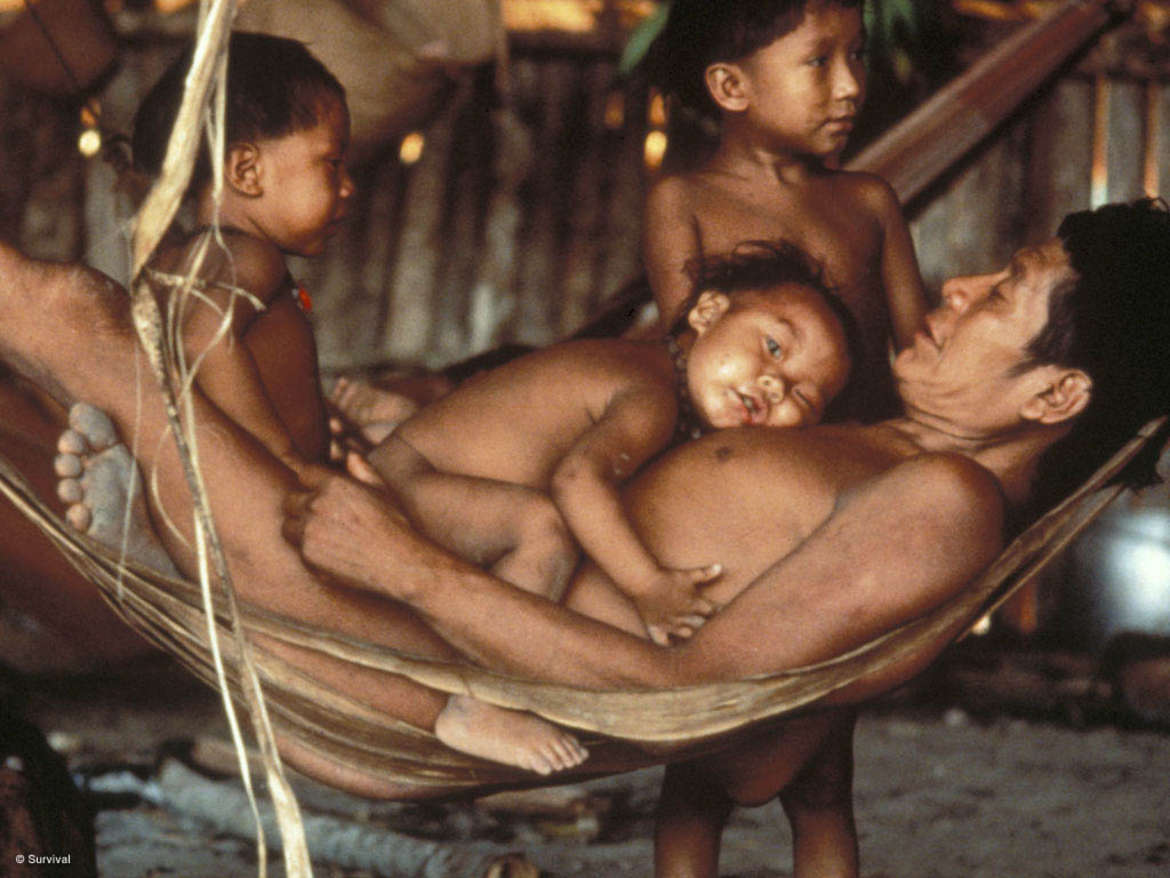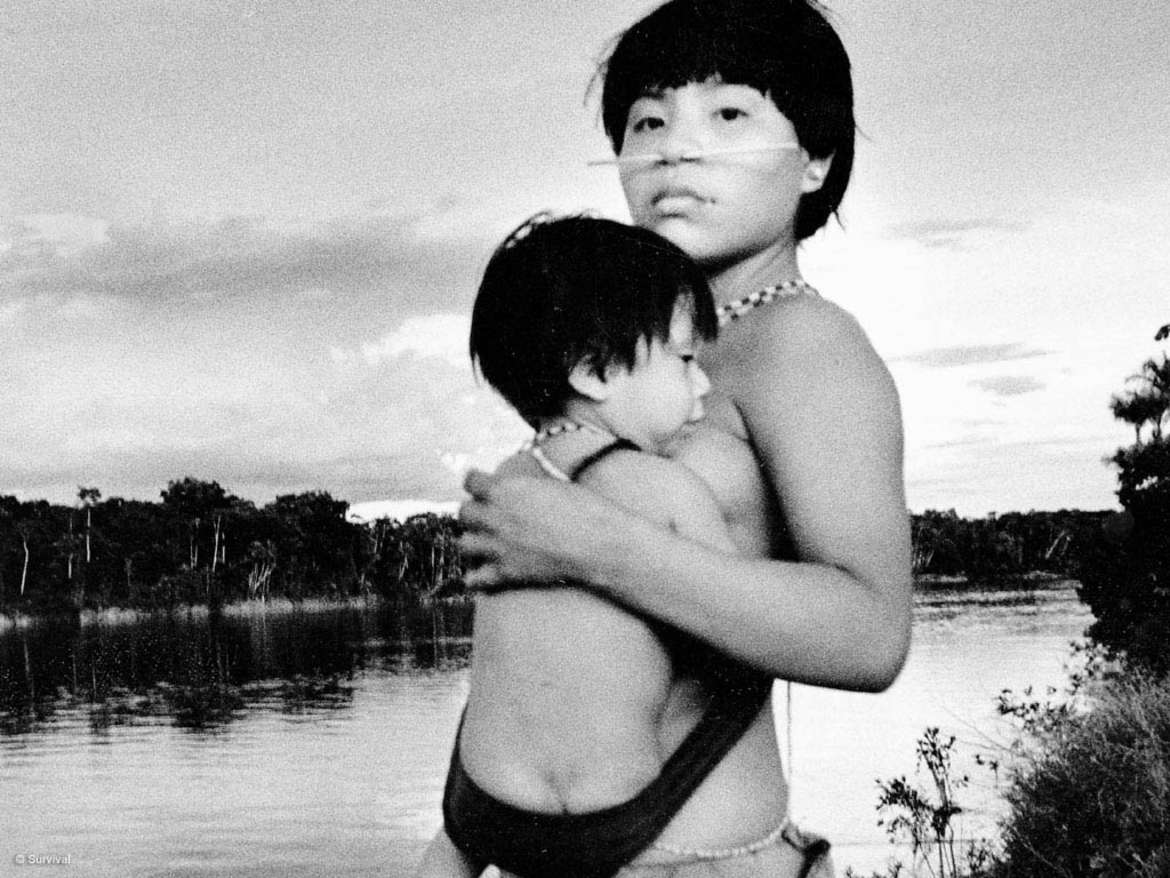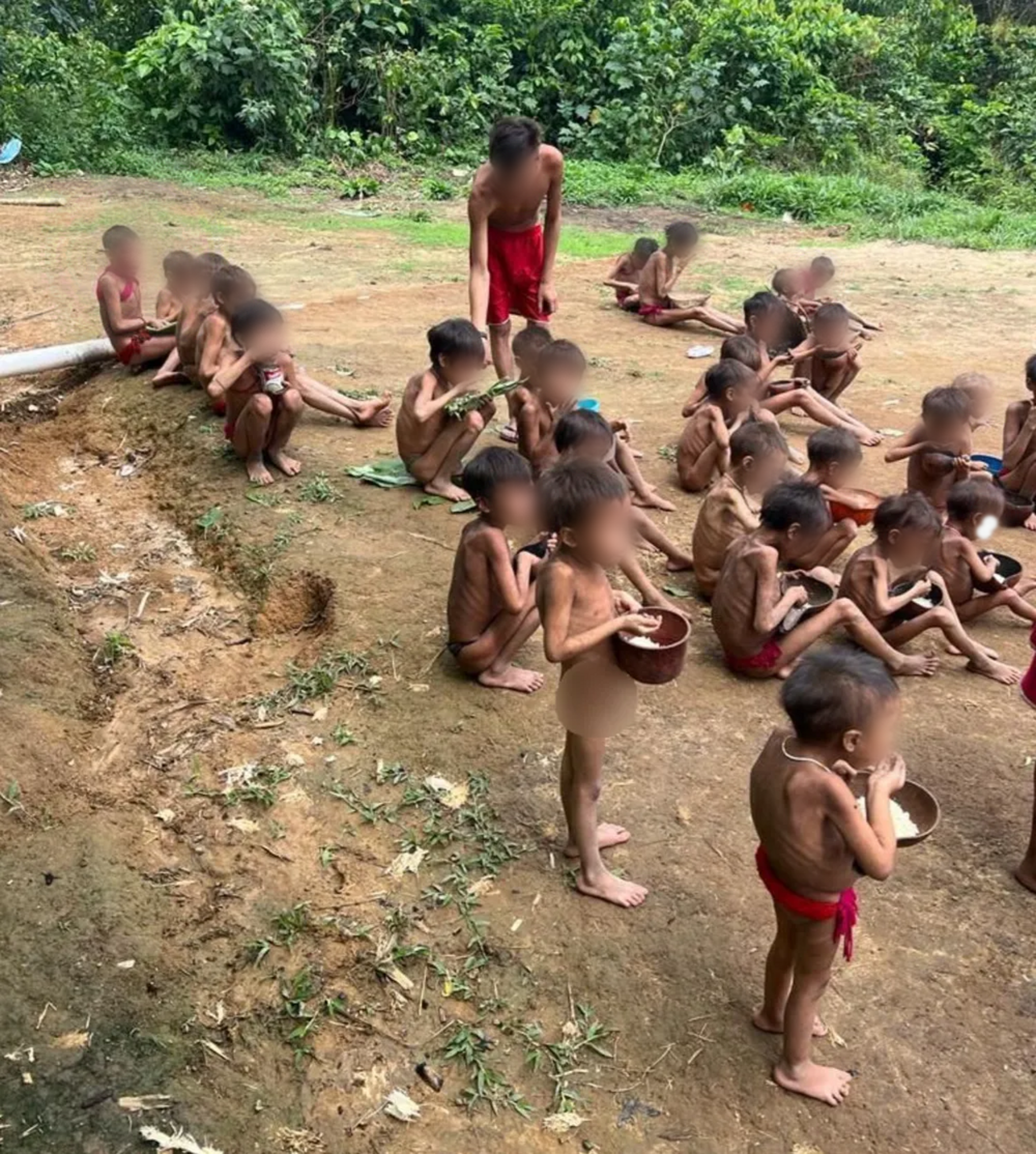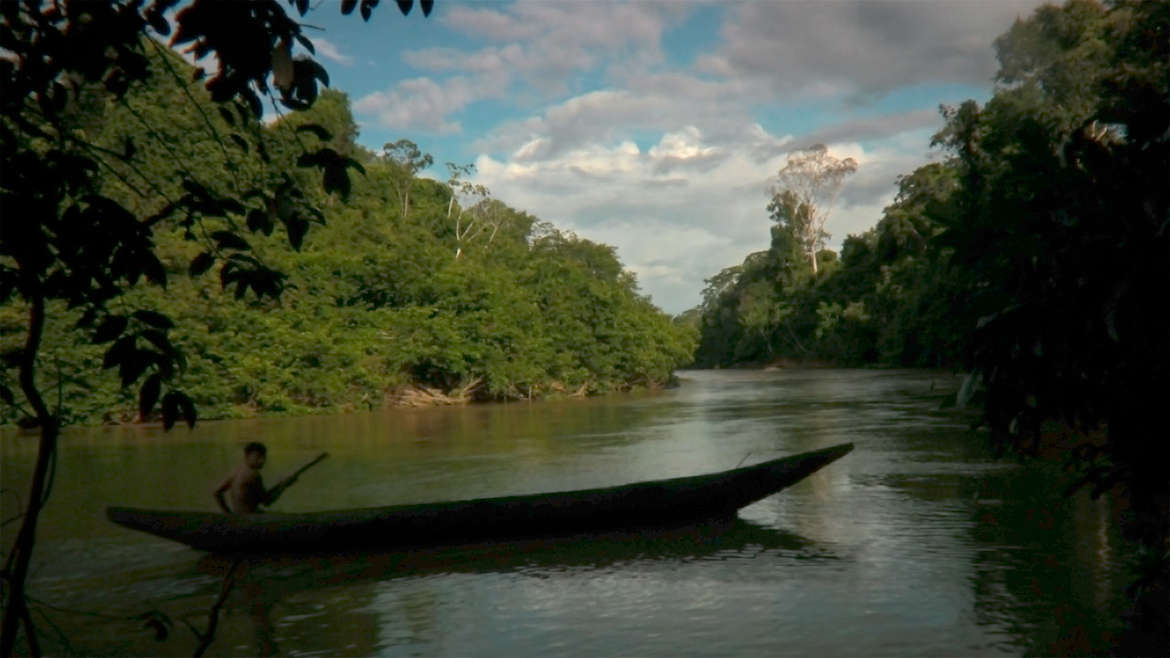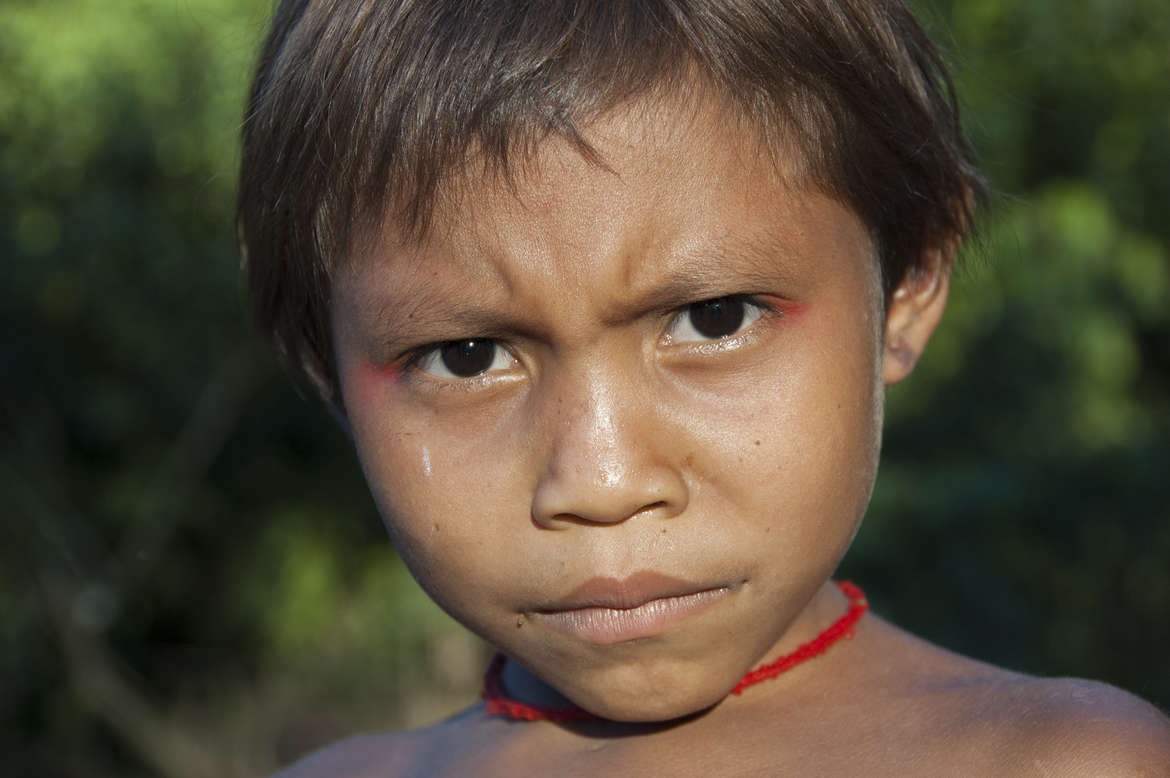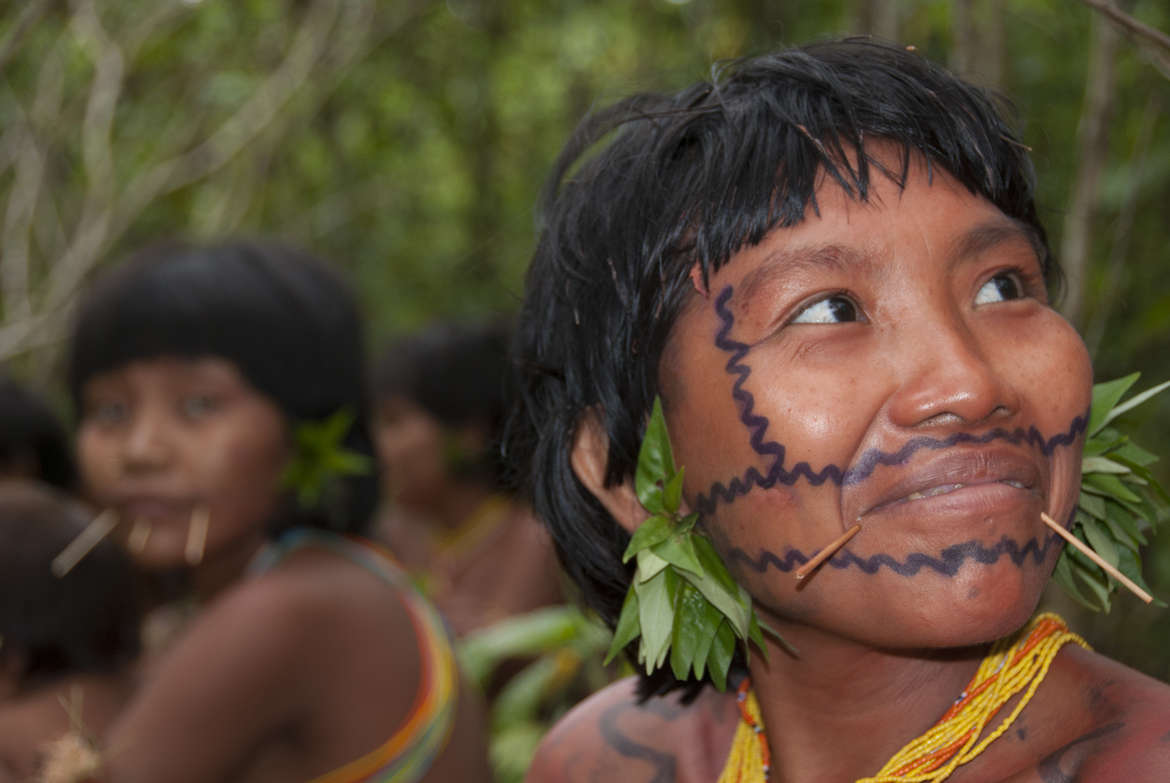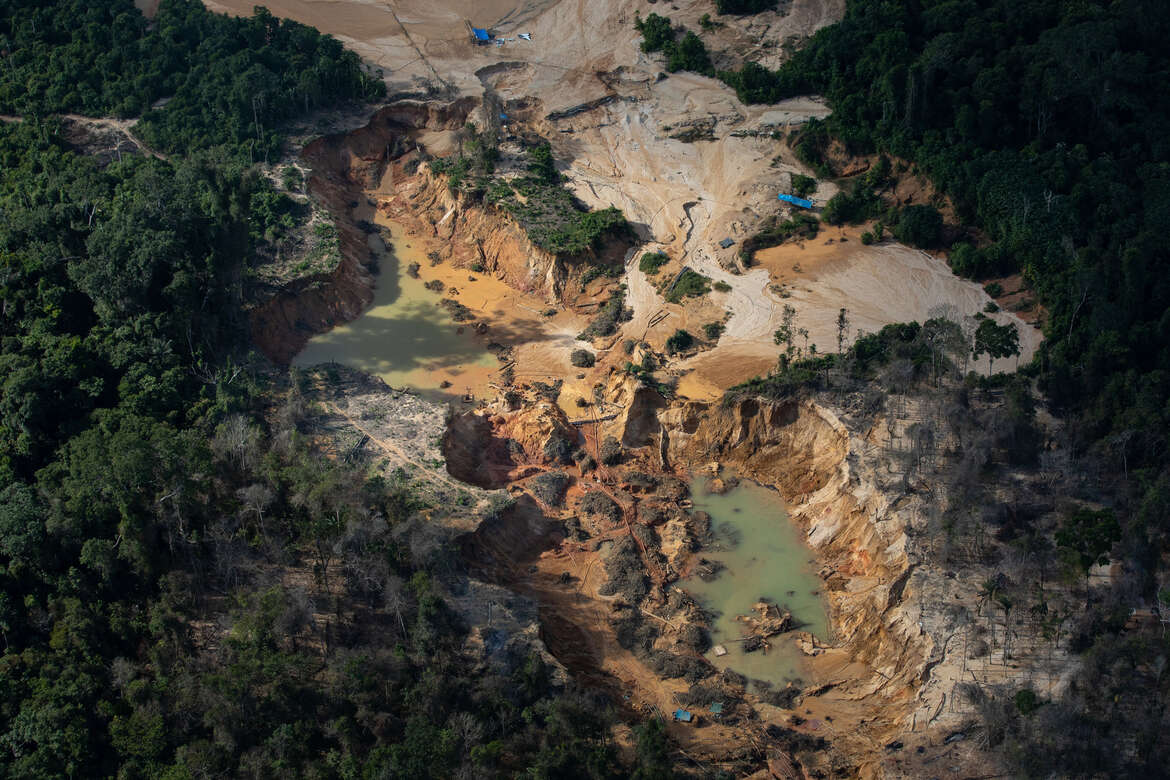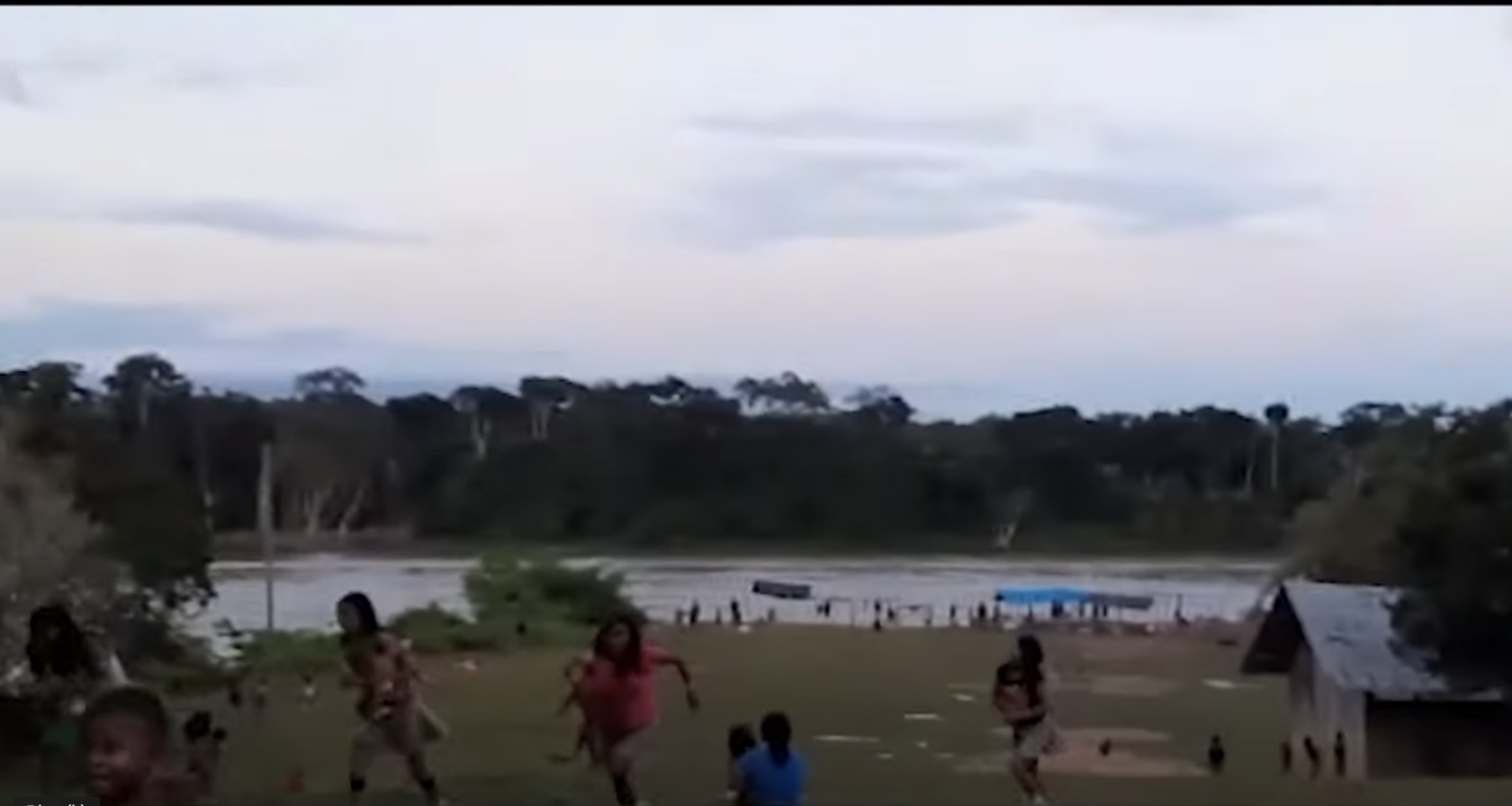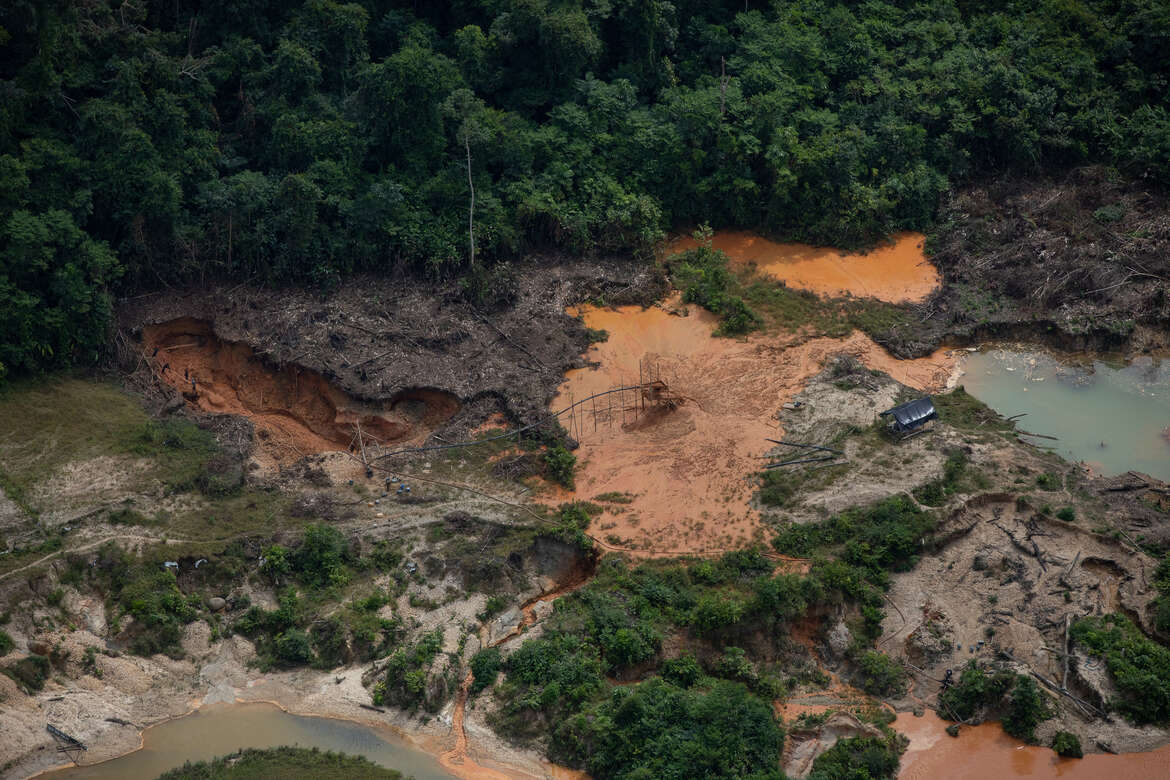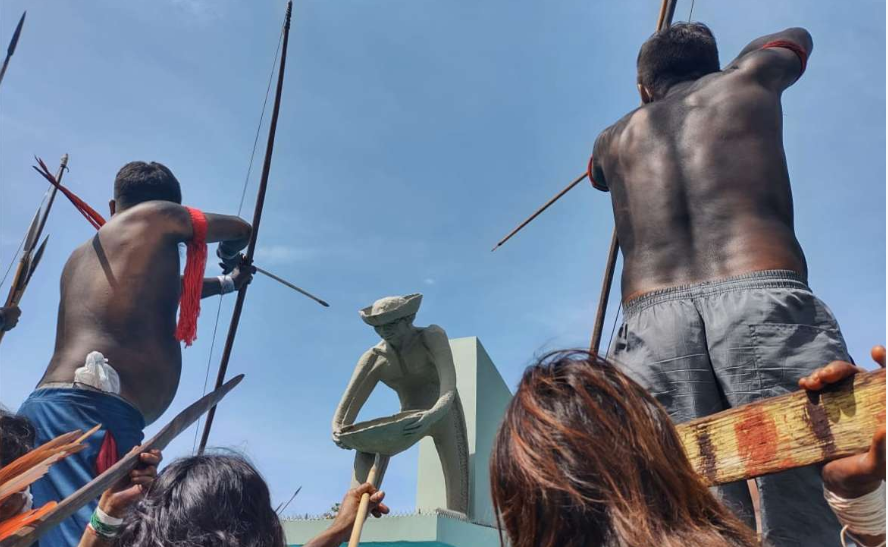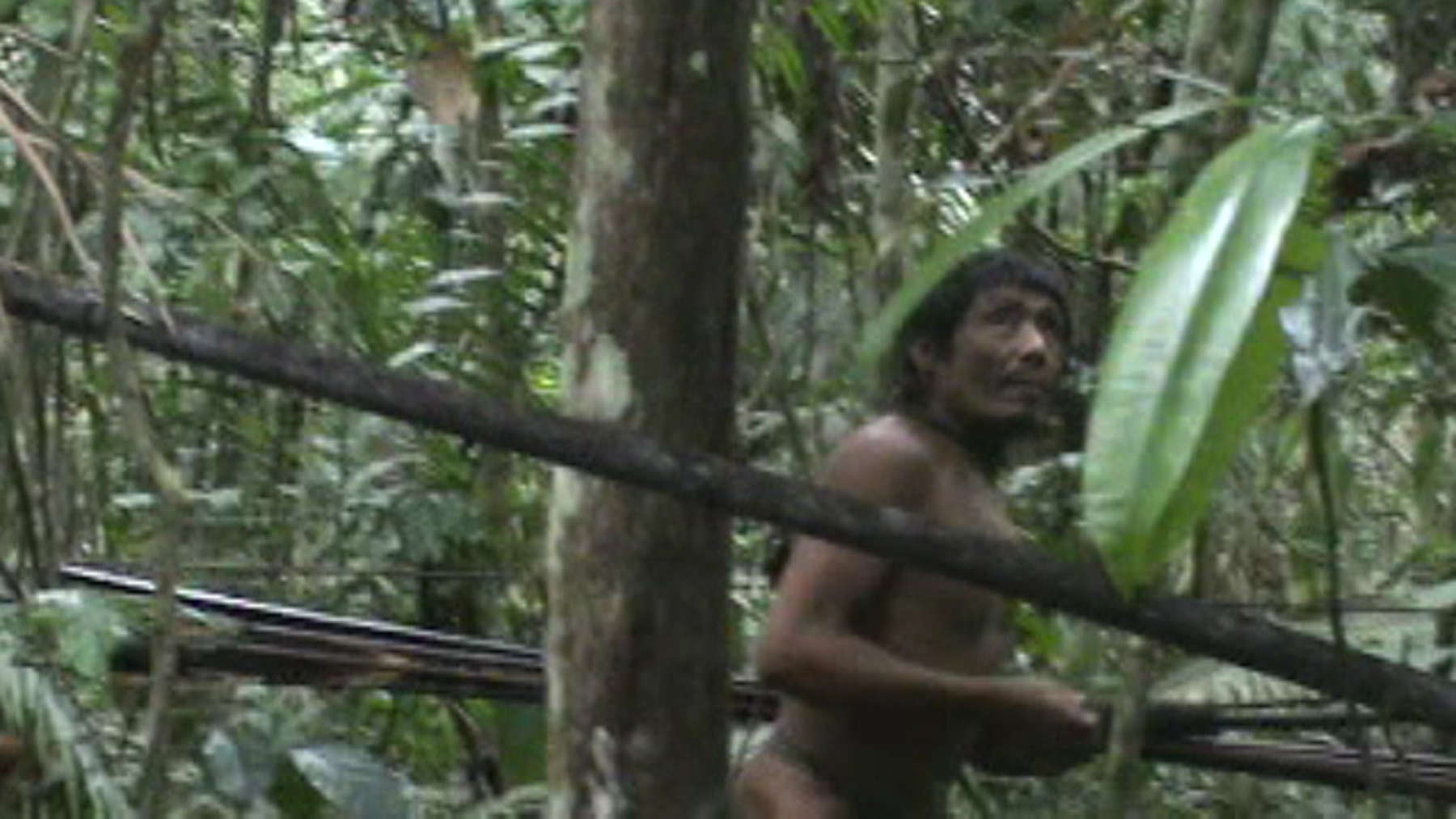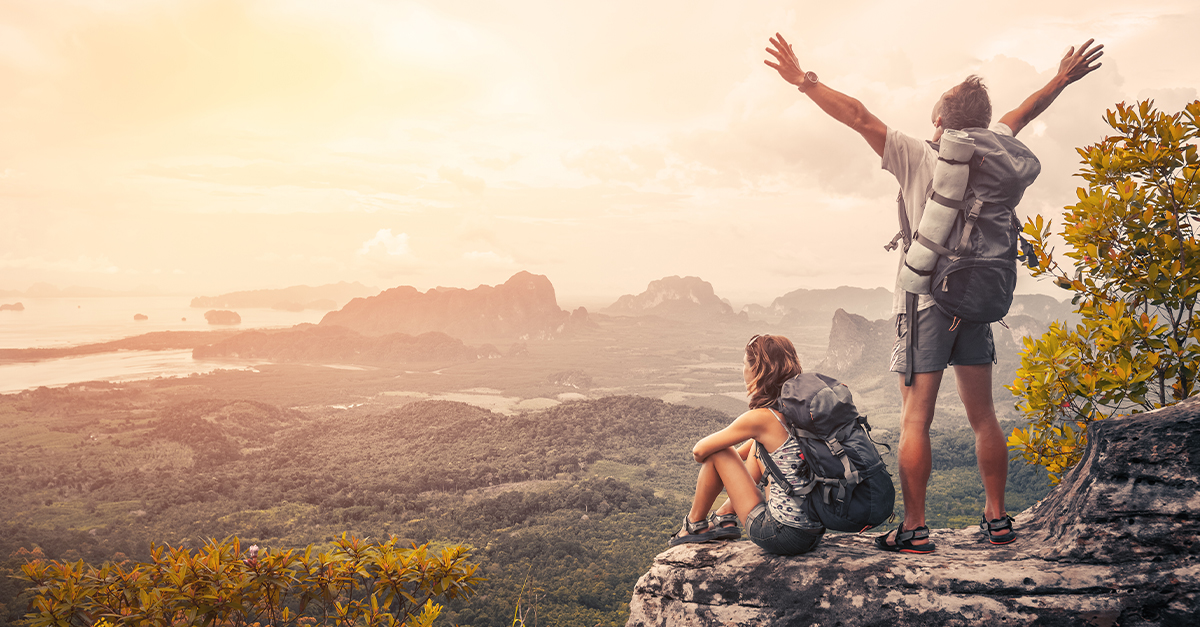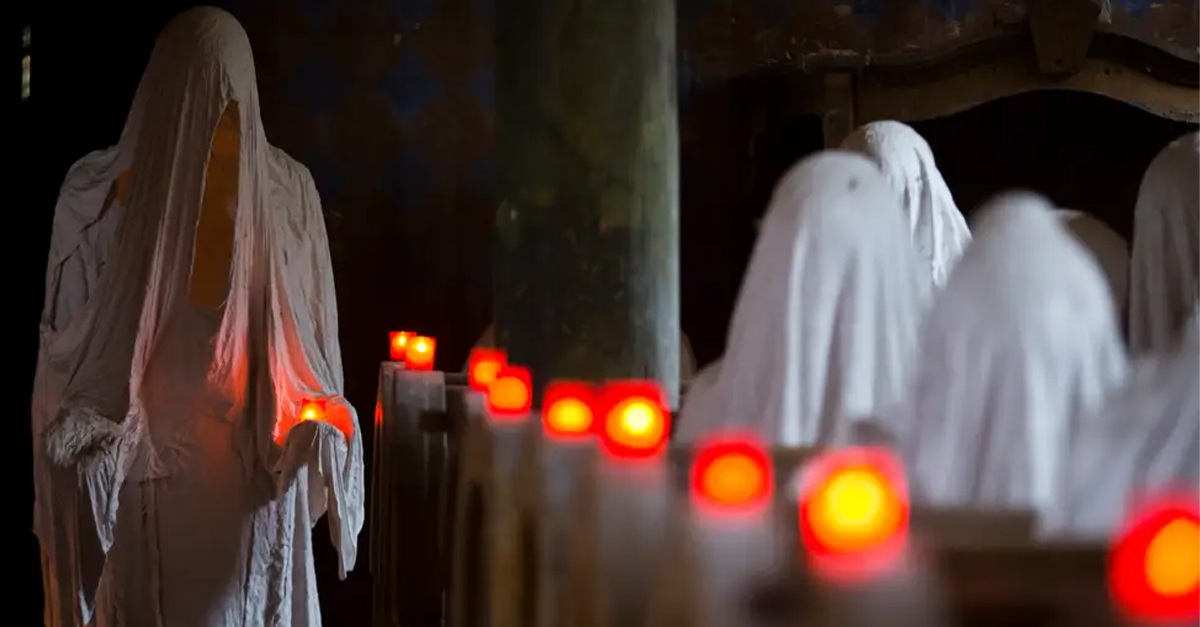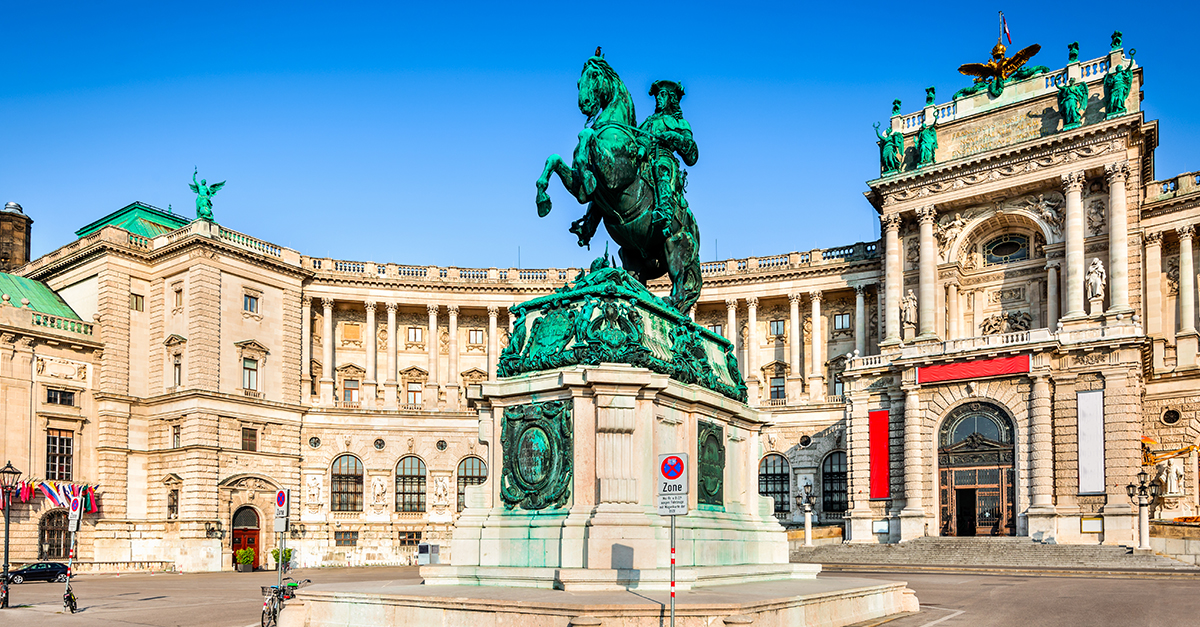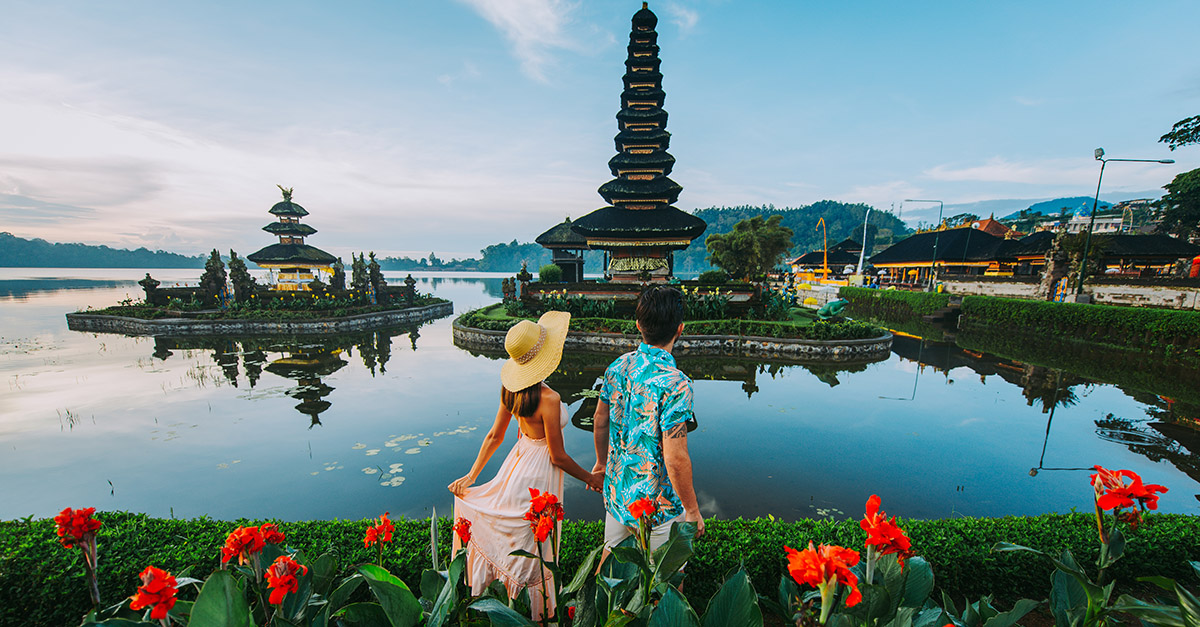The Yanomami: Ancestral Guardians of the Amazon
The Yanomami people are among the largest relatively isolated tribes in South America, residing deep within the Amazon rainforest, along the border between Brazil and Venezuela.
Their community is a living bridge to the ancient ways of life, standing as a stark contrast to the rapidly modernizing world.
This article digs into the many sides of the Yanomami, exploring their culture, traditions, and the challenges they face in a changing world.
Where are they?
The Yanomami inhabit a large area of tropical rainforest in the Amazon Basin, estimated to cover roughly 9.6 million hectares, which is about twice the size of Switzerland.
The remoteness of their territory has protected them from external influences and allowed them to preserve their traditional way of life. It has also shielded them from diseases introduced by outsiders, to which they have no immunity.
How big is their tribe?
Recent estimates suggest that there are approximately 35,000 Yanomami people currently living in their traditional lands in the Amazon.
This population is dispersed across several hundred villages, with each village acting as an autonomous political unit. The demographics of the tribe have fluctuated, influenced by external pressures and internal dynamics.
Why do they choose isolation?
The Yanomami's choice to live in isolation is driven by a desire to maintain their cultural integrity and the health of their community. Contact with the outside world has historically brought violence and disease, which have devastated indigenous populations.
Their isolation is a conscious strategy for survival, protecting their customs and way of life.
Can we contact them?
The Yanomami first experienced sustained contact with the outside world in the 1940s and 1950s, though there were sporadic encounters before that time. The arrival of missionaries, miners, and later, anthropologists, marked the beginning of significant external influences on the Yanomami.
There have been instances of individuals leaving the tribe. Some have left to advocate for the Yanomami's rights and environmental issues, such as Davi Kopenawa, who is known as the "Dalai Lama of the Rainforest." He has traveled internationally to speak on behalf of his people and the threats they face.
However, such departures are relatively rare, as the Yanomami's deep connection to their land and community generally keeps them within their traditional territory.
Those who do leave often take on the role of cultural ambassadors, striving to bridge the gap between their people and the modern world, and seeking support to protect their way of life against encroaching external threats.
What do they live in?
The Yanomami build large, circular communal houses called shabonos, which can house up to 400 people.
Made from materials sourced from the surrounding forest, such as leaves, vines, and tree trunks, shabonos are designed to be open to the elements, reflecting the Yanomami's deep connection to nature.
Each family has its own hearth where food is cooked, signifying the importance of family and communal living.
What is their family structure like?
Each Yanomami family presides over their own hearth, a central element in their daily lives where they prepare and cook food throughout the daylight hours.
When dusk falls, the family's hammocks are strung up close to the embers, which are kept alive through the night to provide warmth in the forest's cool air.
What is their tribe structure like?
In Yanomami society, egalitarian principles are deeply ingrained. Every community operates autonomously, avoiding the concept of hierarchical chiefs.
Instead, communal decisions emerge from thorough and inclusive discussions, with every voice valued and heard.
Labor among the Yanomami is delineated by gender, adhering to the customs common to many indigenous Amazonian tribes.
The men are tasked with hunting game such as peccary, tapir, deer, and monkeys, frequently employing the plant-derived toxin, curare, to subdue their quarry.
What do they eat?
The Yanomami are traditionally hunter-gatherers and practice slash-and-burn agriculture. They cultivate bananas, cassava, and other crops, hunt game such as monkeys and deer, and fish in the rivers.
In the Yanomami community, fishing is a collective effort shared by both genders, utilizing a traditional method known as timbó. This involves creating a natural fish poison from pounded vine bundles that, when released into the water, temporarily incapacitates the fish.
As the stunned fish float to the surface, they are easily gathered into woven baskets. Remarkably, the Yanomami have identified and use nine distinct vine species specifically for this fish-poisoning technique.
This self-sufficient lifestyle has sustained them for generations and has minimal impact on the rainforest, exemplifying a sustainable relationship with the environment.
What do they eat? Cont’d
While hunting contributes to a modest fraction of their diet—about 10%—it is nonetheless regarded as a vital and esteemed skill among the men, and the meat is treasured by all within the community.
Hunters do not consume the catch they have made; rather, they distribute it amongst kin and companions, partaking in a reciprocal exchange where they, in turn, receive portions of game from others.
The women dedicate themselves to the cultivation of their gardens, where they grow an impressive variety of approximately 60 different crops, forming the cornerstone of their diet, approximately 80% of their sustenance.
In addition to agriculture, they gather nuts, shellfish, and insect larvae. Honey, a much-coveted treat, is harvested in 15 distinct varieties, reflecting the Yanomami's profound knowledge of and connection to their environment.
What do they use for medicine?
The Yanomami possess an extensive understanding of vegetation, utilizing roughly 500 different plant species for various purposes such as nourishment, medicinal remedies, construction materials, and crafting essential items.
Their self-sufficiency is maintained through a blend of hunting, foraging, fishing, and agriculture. The community cultivates an array of crops in expansive gardens carved out of the forest.
Due to the inherently nutrient-poor soil of the Amazon, they adopt a shifting cultivation practice, relocating their gardens every two to three years to allow the land to rejuvenate.
What are their spiritual beliefs?
The spiritual world is a fundamental aspect of Yanomami life, where shamanism plays a central role. Shamans are believed to communicate with the spiritual realm, healing the sick and protecting the community from wicked spirits.
Shamans engage with the spiritual realm by partaking in a ritual that involves the use of yakoana, a potent hallucinogenic snuff. This sacred practice induces trance-like states, allowing them to commune with ethereal beings known as xapiripë. Through these profound encounters, shamans gain insight and guidance to heal and protect their community.
The Yanomami's spirituality is deeply interwoven with their environment, with every plant, animal, and natural phenomenon holding spiritual significance.
What are the biggest threats to their survival?
One of the gravest threats to the Yanomami is illegal gold mining in their territory. Miners bring pollution, deforestation, and diseases like malaria.
The mercury used in gold extraction contaminates rivers, affecting both the health of the Yanomami and the wildlife they depend on.
There have been reports of armed attacks against the Yanomami by these miners. The most notorious incident was the Haximu massacre in 1993, where a group of garimpeiros ended the lives of 16 Yanomami people, an event which Brazil's courts later classified as genocide.
What are the biggest threats to their survival? Cont'd
The encroachment of logging activities poses a significant risk to the Yanomami's homeland. The destruction of the rainforest not only threatens their way of life but also the biodiversity that is vital to the health of the planet.
Efforts to combat illegal logging remain a high priority for the survival of the tribe and the Amazon itself.
Land Rights and Legal Battles
The Yanomami have been fighting for legal recognition of their land rights for decades. While some protections are in place, enforcing these rights is an ongoing battle.
The demarcation of their lands is crucial in safeguarding their territory from external threats and exploitation.
Military Involvement
In the early 1970s, under the directive of the military government, a decision was made to construct a thoroughfare through the Amazon, tracing the northern border of the country.
The community of Opiktheri was blindsided when bulldozers abruptly tore through the area, an intrusion that led to the obliteration of two villages due to infectious diseases against which the Yanomami had no natural defense.
Decades on, the repercussions of that roadway are still acutely felt by the Yanomami. The path carved through their land paved the way for settlers, bringing with them diseases and alcohol, which have continuously plagued the tribe.
Presently, the same route serves as a gateway for cattle ranchers and colonists who encroach upon and clear the Yanomami's ancestral forests, posing an ongoing threat to their sovereignty and the integrity of their land.
Preserving Yanomami Culture
The Yanomami represent a crucial link to our human past and a living example of a sustainable way of life. As we look to the future, it is imperative that we recognize the intrinsic value of their culture and the importance of protecting the environmental and social fabric that sustains them.
The survival of the Yanomami is not just about the preservation of a tribe but about the broader questions of biodiversity, human rights, and the kind of future we envision for our planet.

